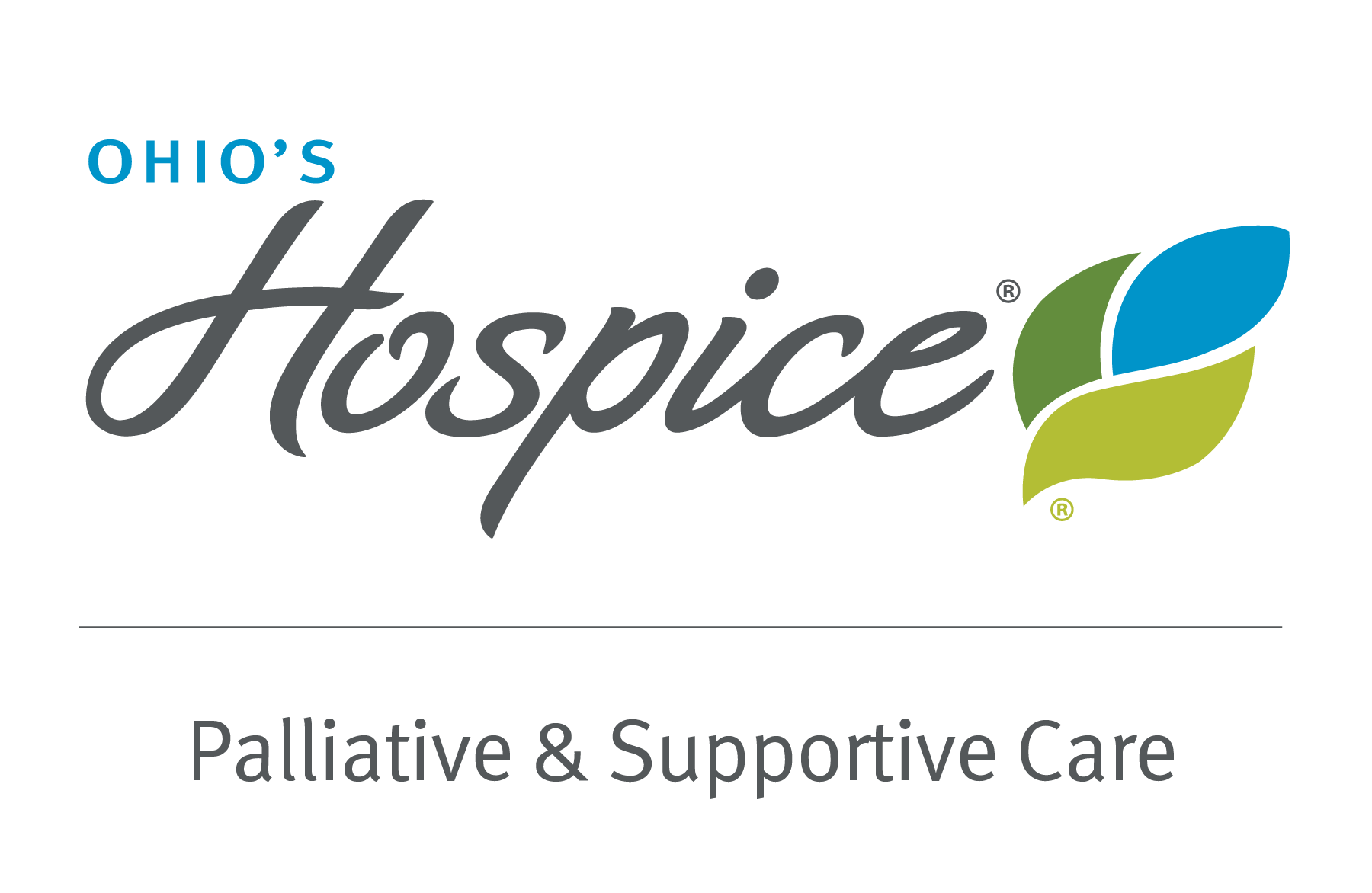
12 Tips on How to Help a Surviving Parent (and Yourself) Through Grief
By Bonnie Orlins, MSW, LISW-S, ACHP-SW
Give the gift of patience and understanding. Listen to your parent and encourage conversation about your deceased parent. It is healthy to express and share feelings and memories. It is helpful to keep in mind that grievers are more likely to be short-tempered and may be less able to handle minor issues calmly.
- Evaluate your parent’s living situation for safety and appropriateness.
- Encourage your surviving parent to take care of him or herself. Take care of yourself as well. Encourage rest, exercise if allowable, and healthy meals. If cooking is a problem, investigate home delivered meals.
- Stay in frequent contact with your surviving parent. If you have willing siblings or family members, you may want to consider a phone or visit chain to assure frequent calls or visits.
- Encourage compliance with medical appointments. Assure that physicians are aware of your parent’s and your own bereavement. Grief is stressful. The immune system can be impaired. Alert staff of your parent’s living facility about any concerns.
- Remember and acknowledge important dates and anniversaries. Birthdays, holidays, and anniversaries can often cause grief relapses. Think about having dinner with your parent on an anniversary, but be respectful if your parent declines.
- Offer to help your parent sort through the deceased parent’s possessions.
- Validate your surviving parent’s continued purpose in the family.
- Encourage activities such as volunteer work, which can enhance a sense of purpose.
- Investigate a support group for people who have lost a spouse. If you are inclined, investigate a support group for yourself for people who have lost a parent.
- If a religious community has been an important part of your parent’s life, encourage continued participation. Investigate transportation options if this is a concern. Sometimes church members are willing to help transport other members.
- Direct your parent and yourself to professional counseling if symptoms do not improve.
The grief journey is a long one but with proper care and work, individuals can effectively work through grief.
For additional information and support for grief concerns, please contact your local Ohio’s Hospice affiliate.
Author Profile
Latest entries
 Media ReleaseJanuary 1, 2024Community Hospice to Join Ohio’s Hospice Strategic Partnership
Media ReleaseJanuary 1, 2024Community Hospice to Join Ohio’s Hospice Strategic Partnership #CelebratingLifesStoriesNovember 21, 2023Priesthood, Shelters and Hospice Care: A Life of Service for Barbara Parini
#CelebratingLifesStoriesNovember 21, 2023Priesthood, Shelters and Hospice Care: A Life of Service for Barbara Parini News and UpdatesJuly 28, 2023Ohio’s Hospice Volunteer Experiences Hospice Care as a Loved One
News and UpdatesJuly 28, 2023Ohio’s Hospice Volunteer Experiences Hospice Care as a Loved One News and UpdatesJuly 19, 2023The Not-for-Profit Difference
News and UpdatesJuly 19, 2023The Not-for-Profit Difference

